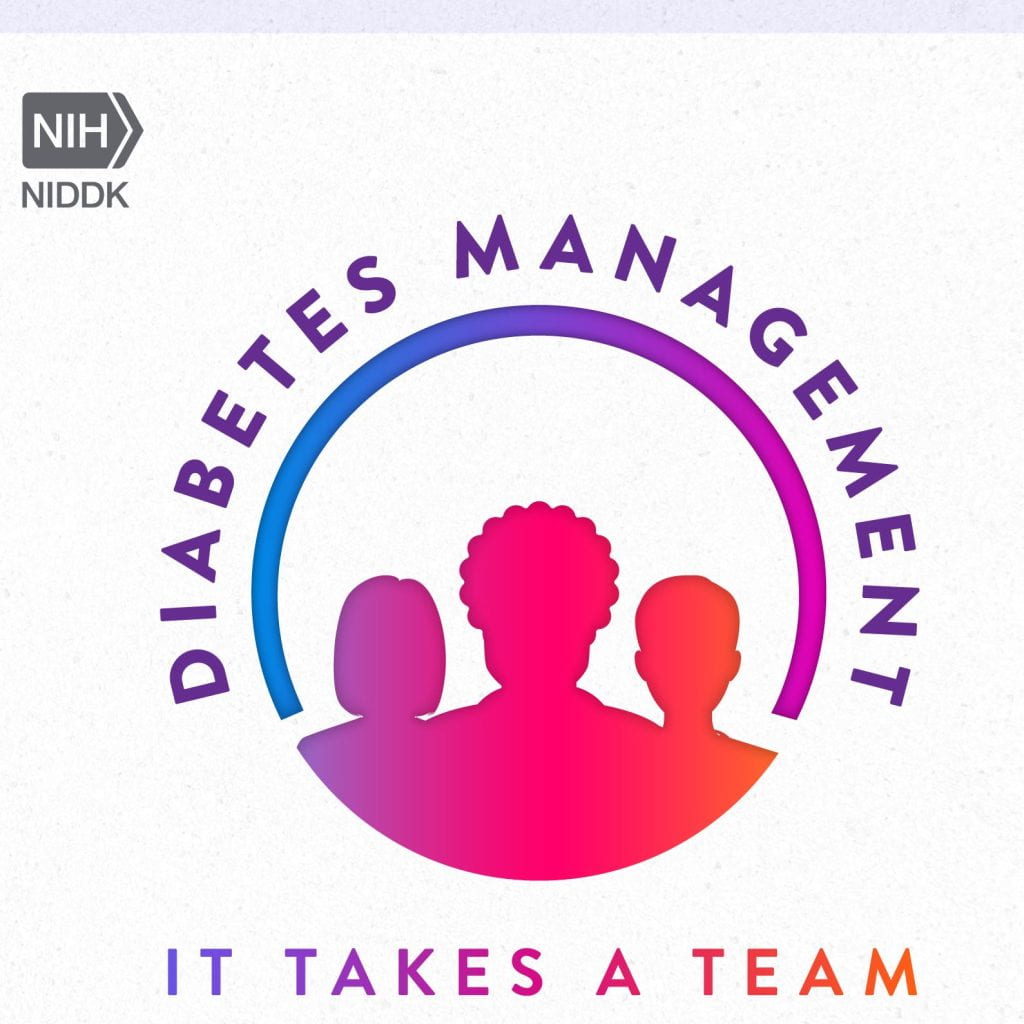
Diabetes impacts the lives of approximately 37 million Americans and if left untreated, it can damage a person’s eyes, heart, kidneys or more. Diabetes can cause serious issues for people who have high blood pressure or high cholesterol levels. By encouraging patients to build a team of healthcare professionals, incorporate more exercise into their daily routine and make different nutritional choices, healthcare providers can teach people with diabetes how to effectively manage their blood sugar, or glucose, levels and avoid future health complications.
It is important to speak to patients about their current level of awareness about diabetes as many people may not be aware of the symptoms or factors that are indicative of a person developing diabetes. The National Institute of Diabetes and Digestive and Kidney Diseases list several symptoms associated with diabetes, though they also stress that “Symptoms of type 2 diabetes often develop slowly–over the course of several years–and can be so mild that you might not even notice them. Many people with type 2 diabetes have no symptoms.” (National Institute of Diabetes and Digestive and Kidney Diseases, n.d., para. 3) Some symptoms of diabetes include “increased thirst and urination, increased hunger, fatigue, numbness or tingling in the feet or hands, and sores that do not heal.” (National Institute of Diabetes and Digestive and Kidney Diseases, n.d., para. 2) Some factors that may impact whether a person develops diabetes include a family history of diabetes, race, having prediabetes, and being over the age of 35. People who developed gestational diabetes while they were pregnant are also at a higher chance of developing type 2 diabetes later in life. Annual health screenings and blood work can check current blood glucose levels to determine if a person has developed prediabetes or diabetes and health care professionals can also offer advice during these screenings on how patients can manage their blood glucose levels.

November is American Diabetes Month and this year’s theme is ‘It Takes a Team.’ For many people, living with diabetes can feel overwhelming and may cause them stress, anxiety or depression. But health care professionals can offer guidance and support for patients who must navigate their post-diagnosis reality. The National Institute of Diabetes and Digestive and Kidney Disease has consumer health resources that can be used as instructional tools when speaking to patients about managing their diabetes. The institute’s ‘diabetes ABCs’ breakdown the health tests people should stay aware of. “Knowing your diabetes ABCs will help you manage your blood glucose, blood pressure, and cholesterol…Working toward your ABC goals can help lower your chances of having a heart attack, stroke, or other diabetes problems.” (National Institute of Diabetes and Digestive and Kidney Disease, n.d., para. 4) Additional consumer health resources that may be useful include the American Diabetes Association and their list of local offices which will connect people with other diabetes patients and social or health events. The Centers for Disease Control and Prevention maintains a Diabetes Division which offers more information about the different types of diabetes, statistics on the state of diabetes in the country and nutrition guidance. Health care professionals can also encourage their patients to speak to their friends and family about ways to be supportive. Friends and family can encourage people with diabetes to add more exercise into their routine or choose diabetes friendly foods.
Living with diabetes can be challenging for patients and requires that they make lifestyle changes to maintain healthy blood glucose levels. Health professionals can share consumer health readings and resources with their patients in an effort to encourage them to make necessary lifestyle changes. By encouraging patients to stay connected to an informed and supportive community, health care professionals give their patients tools to receive the care and space they need to make important, healthy decisions.
References
National Institute of Diabetes and Digestive and Kidney Diseases. (2022). National Diabetes Month 2022. https://www.niddk.nih.gov/health-information/community-health-outreach/national-diabetes-month.
National Institute of Diabetes and Digestive and Kidney Diseases. (n.d.). Managing Diabetes. https://www.niddk.nih.gov/health-information/diabetes/overview/managing-diabetes.
National Institute of Diabetes and Digestive and Kidney Diseases. (n.d.). Symptoms & Causes of Diabetes. https://www.niddk.nih.gov/health-information/diabetes/overview/symptoms-causes.


